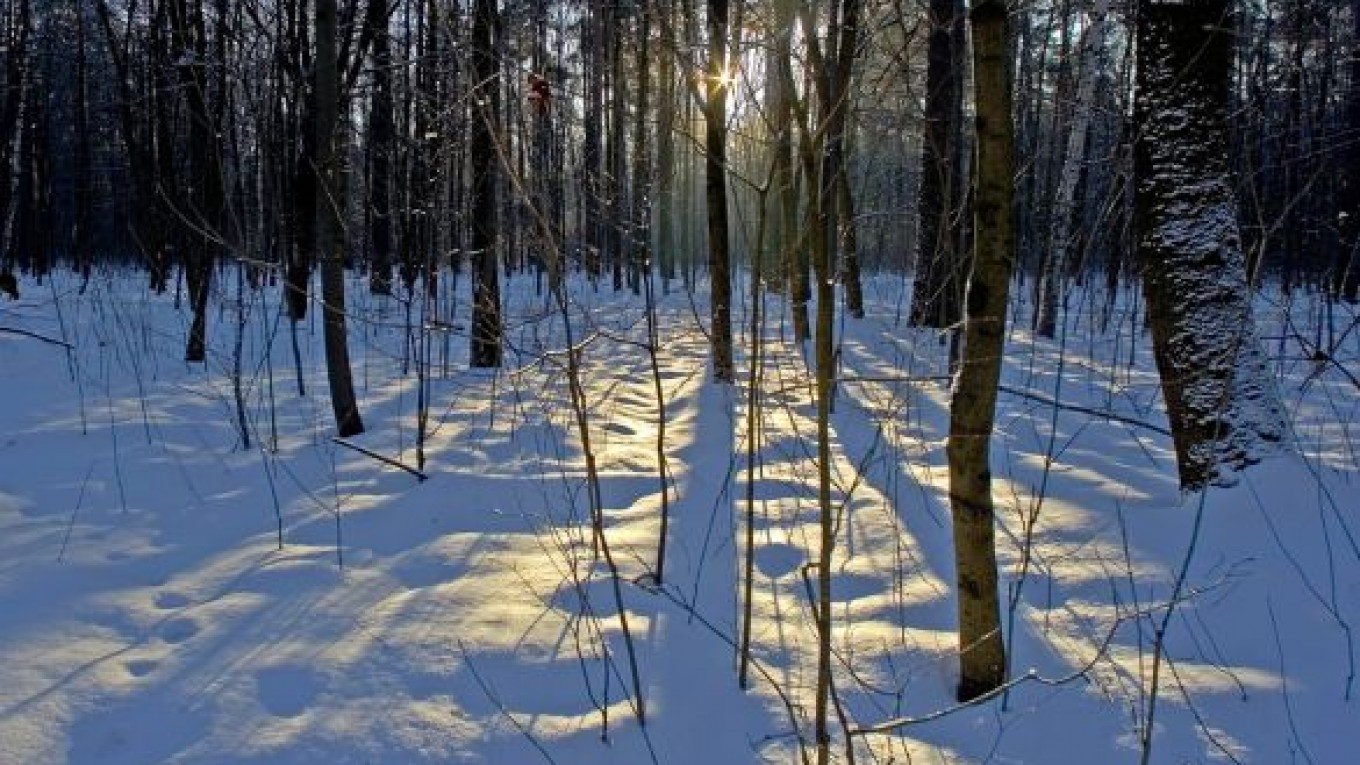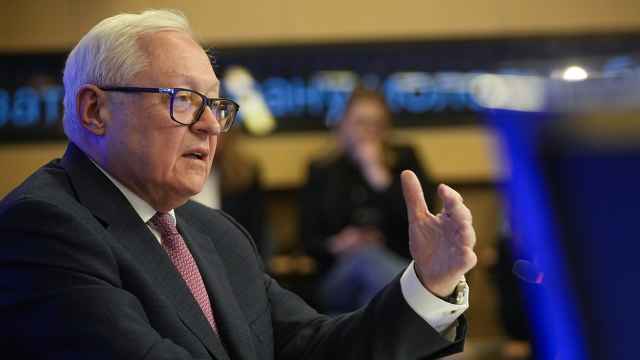Cycling paths, barbecue areas and extreme sports facilities are part of the city's plans for its largest park unveiled last week.
But environmentalists have attacked the plans to promote the area for recreation as cover for large-scale construction projects.
"We were one of the first national parks to be created, and we're also the only one that sits next to Moscow — a city of more than 12 million," Alexei Sukhorukov, chief engineer at the Losiny Ostrov national park, told The Moscow Times.
The proximity of Moscow puts unique pressures on the park, which hosts as many as 100,000 visitors a day during peak periods, and the plan has two main thrusts — clearing up the rubbish and pollution that have accumulated over the years, and providing facilities for thousands of Muscovites who use the place as a recreation ground, Sukhorukov said.
The city government's department for resource use and environmental conservation declined to provide a copy of the concept, saying it was still a "working document" and would be released for public discussion once finalized.
But a list of projects seen by The Moscow Times says the plan envisages three new visitor centers, a new community center at the Belokamennaya railway station, and seven more sports areas (there are 11 today).
The same document shows that the area covered by "recreational facilities" would more than double from 22.3 hectares to 56.2 hectares.
Losiny Ostrov covers 11,000 hectares on the city's northeastern edge, but the development plan only relates to the 3,000 hectares of the park that fall inside the city's administrative boundaries, and department head Anton Kulbachevsky told Izvestia last week that a third of that area still will be reserved "only for animals," with either no, or strongly restricted, visitor access.
But that has not assuaged the fears of some environmentalists, who warn the "recreational" development plan is a Trojan horse for profitable, large-scale construction projects.
"It's quite simple. If you're going to build large sports facilities, that's a large-scale project, and it is going to demand large-scale tree-felling," said Mikhail Kreindlin of Greenpeace Russia.
Sukhorukov rejected the accusation outright. "Large-scale tree-felling is simply impossible. There are extremely strong laws governing what we do here," he told The Moscow Times by telephone.
Losiny Ostrov, which translates as Moose Island, was founded in 1983, and as its name suggests, it is home to moose, deer and wild boar. The development plan follows a February agreement between Natural Resources and Environment Minister Yury Trutnev and Moscow Mayor Sergei Sobyanin for the city to take over responsibility of that area.
The "concept" will involve spending about 2 billion rubles ($64 million) over the course of five years, Kommersant reported.
The Russian Orthodox Church received free use of 29 plots of land as part of a program to build 200 new churches in Moscow, said Patriarch of Moscow and All Russia Kirill on Friday at the Diocesan Assembly, Interfax reported.
Investors have been found for 17 sites and fundraising is under way for two more. At 13 sites construction work has already started. Construction completion is scheduled for 10 churches in the third or fourth quarters of 2012.
Construction of the church complexes is carried out to standard designs created by three design institutes. The plans include the construction of churches to accommodate up to 300 and 500 parishioners, as well as detached rectories.
A Message from The Moscow Times:
Dear readers,
We are facing unprecedented challenges. Russia's Prosecutor General's Office has designated The Moscow Times as an "undesirable" organization, criminalizing our work and putting our staff at risk of prosecution. This follows our earlier unjust labeling as a "foreign agent."
These actions are direct attempts to silence independent journalism in Russia. The authorities claim our work "discredits the decisions of the Russian leadership." We see things differently: we strive to provide accurate, unbiased reporting on Russia.
We, the journalists of The Moscow Times, refuse to be silenced. But to continue our work, we need your help.
Your support, no matter how small, makes a world of difference. If you can, please support us monthly starting from just $2. It's quick to set up, and every contribution makes a significant impact.
By supporting The Moscow Times, you're defending open, independent journalism in the face of repression. Thank you for standing with us.
Remind me later.






